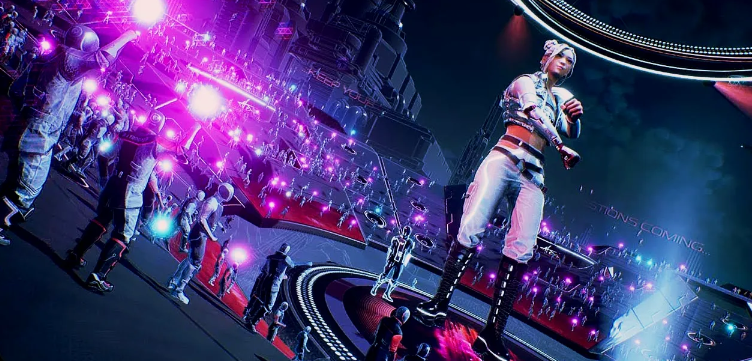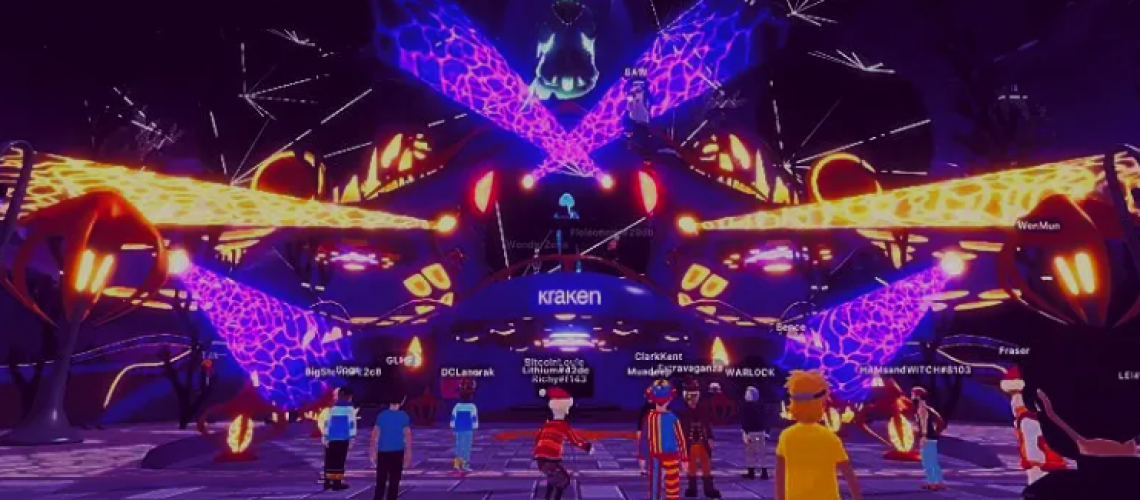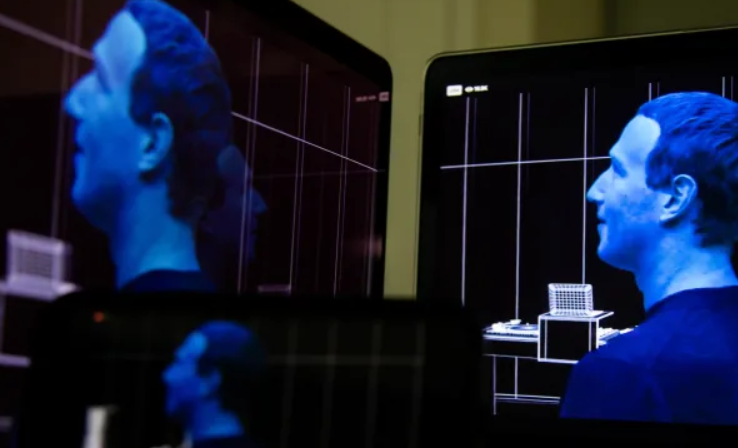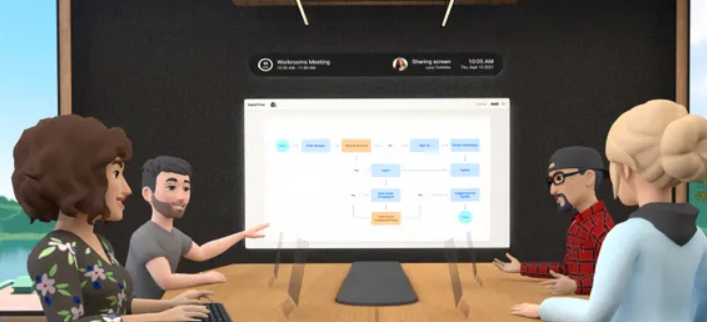If you want to host an event in the virtual world, this guide will show you everything you need to know to make it a success.
From finding the right venue and purpose for your event, to attracting attendees, we’ll cover it all.
Defining What Events in The Metaverse Are
Events in the metaverse are events that take place within a virtual world. Metaverses are digital environments that allow users to interact with each other in a virtual space. Many online games, such as Decentraland and Sandbox, are examples of metaverses.
In a metaverse, events can be anything from live concerts to conferences and conventions. Events in the metaverse often take advantage of the virtual world’s unique abilities, such as the ability to fly or teleport. They can also be designed to look and feel exactly like real world events.
For example, a music festival in the metaverse might feature virtual stages with live bands performing for an audience of avatars. Or a conference could take place in a virtual convention center with keynote speakers and exhibitors. Events in the metaverse provide a way for people to come together and experience something new and different.
The Difference Between Virtual and Traditional Events
Events that take place in the metaverse are becoming increasingly popular, offering a unique and immersive experience that traditional events simply can’t match. However, there are some key differences between virtual and traditional events that you should consider before deciding which one is right for you.
First of all, virtual events are held entirely online, which means you can attend them from anywhere in the world. Traditional events, on the other hand, generally require you to be physically present in order to participate. Additionally, virtual events often use cutting edge technology such as virtual reality and augmented reality to create an even more immersive experience.
Finally, virtual events typically have a much lower carbon footprint than traditional events, as they do not require travel or physical materials. Keep these important distinctions in mind when deciding whether a virtual or traditional event is right for you.

Steps to Plan a Metaverse Event
As the popularity of virtual events continues to grow, more and more planners are looking to the metaverse as a venue for their events. If you’re considering hosting an event in the metaverse, there are a few important steps you’ll need to take to ensure its success.
First, you’ll need to determine what type of event you want to host. The metaverse is a versatile platform that can accommodate a wide variety of events, from conventions and trade shows to product launches, live events, and parties.
Once the event organizers have decided on the type of event you want to host, you’ll need to find a suitable venue. There are several different virtual worlds that offer event spaces, and each one has its own unique look.
Decide the Logistics of your Event
You will need to decide which world best suits your event before proceeding. Once you’ve found an ideal virtual venue, you’ll need to start planning your event.
You will need to decide the date and time, as well as the format and structure of your event. A big question is, will your event be live or pre-recorded?
How long will you plan for your virtual event to last? What kind of activities will you include? Are you promoting it on social media? These are just some of the questions you will need to answer when planning your event.
As you can see, a lot goes into planning a metaverse event. But by following these steps, you can ensure that your event is a success.
What Makes a Metaverse Event Successful
A successful metaverse event is one that engages participants in a way that feels natural, easy to access, and fun. The key is to design an event that makes use of the unique capabilities of the metaverse platform.
For example, successful events may make use of avatar customizations, special effects, or interactive game elements. Conversely, events that simply try to replicate real-world events in the metaverse are likely to feel flat and uninteresting.
To be successful, metaverse events must leverage the strengths of the platform and create an immersive and engaging experience for attendees. These experiences should directly result in some type of conversion, such as: app downloads, signups, sales, leads, or donations.
The Future of Virtual Reality and Augmented Reality Event Planning
Virtual reality and augmented reality are two rapidly evolving technologies that have the potential to change the landscape of event planning. While virtual reality has been used for events for a few years now, augmented reality is just beginning to be used for events.
Virtual events in the metaverse are becoming more popular as technology improves and more people feel comfortable using VR headsets. Augmented reality is also being used more for events, with apps that allow attendees to view event information and interact with virtual objects.
The events industry will be affected by virtual venues and virtual hybrid events that will forever change in-person events in the physical space.
As these technologies continue to develop, they are likely to have a major impact on event planning. Virtual reality and augmented reality offer new ways to interact with attendees and create unique experiences.
Event planners who are early adopters of these technologies will be at the forefront of this new wave of event planning. If you are looking to host an event in the metaverse
In Conclusion
While AR and VR events are still in their early stages, they present a unique opportunity for event planners to create unforgettable attendee experiences. If you want to stay ahead of the curve or just want to explore what these new technologies have to offer, we encourage you to contact us.
Our team is experienced in planning VR and AR events, and we’d be happy to help you get started with your own project. In the meantime, here are some final tips to keep in mind when planning your next VR or AR event:
- Be sure to budget enough time and resources for development; it can take longer than expected to create a truly immersive experience.
- Think about your target audience and what will appeal to them; Not everyone will be interested in VR or AR events, so be sure to market accordingly.
- Test your event before launch: Nothing is more frustrating for attendees than technical issues during an event.
Make sure everything in terms of software development works as it should before you open the record! Thanks for reading and we hope you enjoy exploring the world of VR and AR event planning!
Resume:
1. What is the Metaverse and why should you care for event planning?
2. How are VR and AR events different from traditional events and what are some of the benefits of using them for your next event planning project?
3. What are some important steps to consider when planning a VR or AR event, from budgeting to marketing and beyond?
4. Case Studies of Successful VR and AR Events: What worked well, what didn’t, and how can you learn from these examples to create an even more successful Metaverse event yourself?
5. The future of VR and AR event planning – what trends are emerging and how can you stay ahead by incorporating them into your own event plans?












